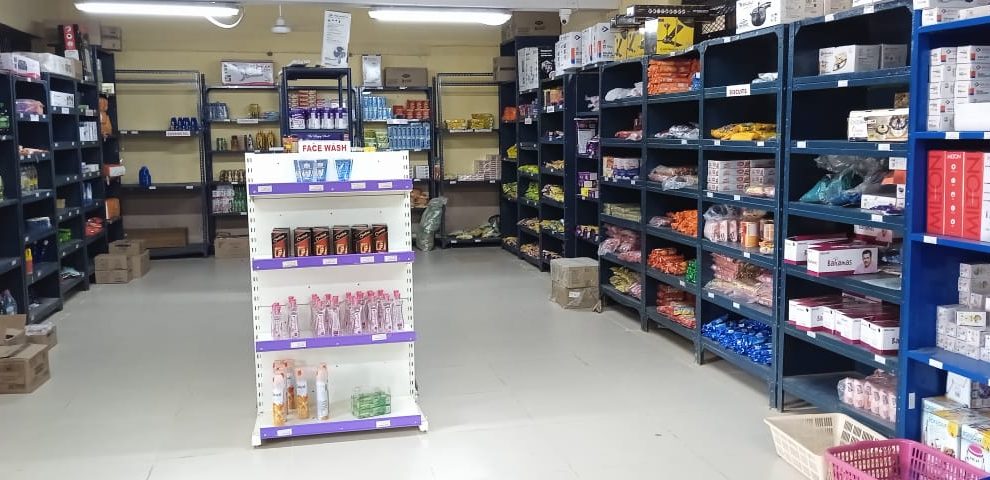According to officials, Indian Railways is currently negotiating with online pharmacy providers to allow for the doorstep delivery of medications from its network of hospitals. For this project, RailTel Corporation of India Limited intends to issue tenders in January 2025. Bidding will be based on reductions from retail drug costs.
If successful, this service can be expanded to all government-owned hospitals,” a senior official told ET, adding that talks have been held with the health ministry.
With 129 hospitals and 586 health units, Indian Railways currently provides services to almost 10 million people, mostly railway employees, retirees, and their families.
“In order to receive care and medications, beneficiaries must physically visit railway hospitals and health units. Using eSanjeevani, India’s National Telemedicine Service, in conjunction with home medication delivery can help with both of these problems,” the official clarified.
Also Read | Details of India’s first high-speed rail corridor between Mumbai and Ahmedabad would be modified using Japan’s Shinkansen bullet trains
It is expected that RailTel’s Hospital administration Information System (HMIS), which presently makes appointment scheduling, test results access, and electronic medical records administration easier, will power the medication delivery service.
Purchasing medications accounted for 11% of the Rs 20,734 crore spent on healthcare delivery at railway hospitals between 2017 and 2018, according to the Comptroller and Auditor General.
One to two percent of Indian Railways’ annual revenue and capital expenditures go toward healthcare.
Opportunities to enhance internal controls and monitoring in the management of railway health services were noted in the CAG report, which was submitted to Parliament in August.
The FY22 audit also found problems with timely transmission of test results and the acquisition of high-quality drugs.


















